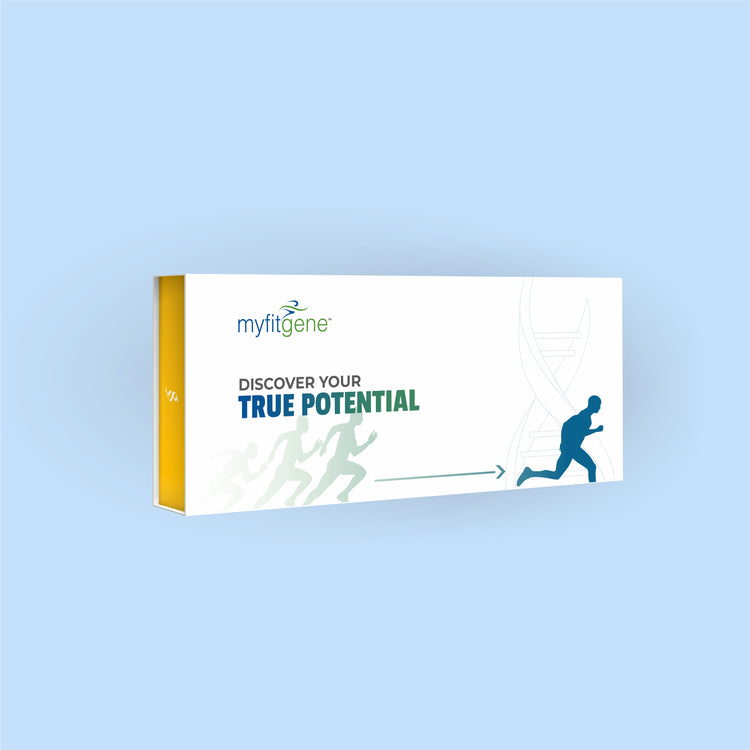9 Surprising Health Benefits of Mint
Nov 14, 2020
6202 Views
Mint, (Mentha Arvensis Linn.) also known as menthe, is actually a genus or group of around 15-20 plant species including peppermint and spearmint.
Nutritive value per 100g:
Nutrients |
Per 100 g |
Energy kcal |
37 |
Protein g |
4.66 |
Carbohydrate g |
2.39 |
Fat g |
0.65 |
Total dietary fibre g |
5.89 |
Vitamin C mg |
17.16 |
β– Carotene µg |
4602 |
Calcium mg |
205 |
Iron mg |
8.56 |
Potassium |
539 |
Sodium |
10.79 |
Health benefits of Mint are listed below:
- Stay away from allergies: Mint plants contain an antioxidant and anti-inflammatory agent called rosmarinic acid. This has been studied for its effectiveness in relieving seasonal allergy symptoms, revealing a promising natural treatment.
- Avoid Nipple crack while Breast-feeding: Breast-feeding offers significant benefits for both infant and parent, but it can cause pain and damage to the nipple as the mother continues to feed the child exclusively for 6 months. A study published in April 2007 in the International Breastfeeding Journal suggested that application of peppermint water may help prevent nipple cracks and nipple pain in first-time mothers who are breastfeeding. Make sure you apply peppermint water/pepper mint paste on the nipples for relief.
- Stay away from indigestion and gas: Mint is a calming and soothing herb that has been used for thousands of years to aid with upset stomach or indigestion. Mint is thought to increase bile secretion and encourage bile flow, which helps to speed and ease digestion (and which may also support healthy cholesterol levels).
- Prevent gas and flatulence: Consumption of peppermint is also thought to relieve pain and discomfort from gas and bloating. Peppermint tea is a common home remedy for flatulence.
- Irritable bowel syndrome (IBS): The use of peppermint oil has been found to be an effective and safe treatment for those suffering from abdominal pain or discomfort associated with IBS. Enteric-coated capsules (an enteric coating is a polymer barrier applied on oral medication that prevents its dissolution or disintegration in the gastric environment) are most effective and prevent the capsule from dissolving in the stomach, which could cause heart burn. In one double-blind placebo-controlled clinical trial, 75% of patients with IBS who took enteric-coated peppermint oil capsules twice daily for 4 weeks had at least a 50 % reduction in total IBS symptoms.
- Gastric ulcers: In a study in animals, menthol was found to help protect the lining of the stomach from the negative effects of indomethacin and ethanol, giving it a potential role in preventing gastric ulcers associated with alcohol consumption and regular use of painkillers.
- Pain relief: Applying peppermint extract externally has been found to increase pain threshold in humans.
- Skin: When applied topically in oil, ointment or lotion, mint has the effect of calming and cooling skin affected by insect bites, rash or other reactions.
- Oral health: Mint is a natural anti-microbial agent and breath freshener.
Mint leaves can be included in daily diet or once or twice in week. It can be included in the diet as stuffed parantha, chutney, sambhar, masala idli, as refreshing drink.
Also Read: Good Sleep For Good Health
Preventive measures (such as the above) when incorporated regularly, can exert protective effects. However, doing what works best for YOU, adopting a routine that’s best suited for your body (and your genes!) brings immense health benefits, for life. To learn about more personalized diet and exercise plan for optimal health/weight management, all you need to do is take a simple, once in a lifetime, non-invasive, saliva based DNA test. Don’t believe me? Check out MyFitGene and experience it yourself.
REFERRENCE
- Effect of fibre, antispasmodics, and peppermint oil in the treatment of irritable bowel syndrome: systematic review and meta-analysis, Ford AC, Talley NJ, Spiegel BM, Foxx-Orenstein AE, Schiller L, Quigley EM, Moayyedi P. BMJ, 2008 Nov, Accessed 22 April 2014.
- Anti-inflammatory and anti-allergic effect of rosmarinic acid (RA); inhibition of seasonal allergic rhinoconjunctivitis (SAR) and its mechanism, Biofactors, 2004; 21(1-4):
- Effect of peppermint water on prevention of nipple cracks in lactating primiparous women, International Breastfeeding Journal. Published 19 April 2007.
- Effect of aromatics on lung mucociliary clearance in patients with chronic airways obstruction, A. Hasani et al., J Altern Complement Med, published April 2003, abstract.
- Peppermint oil (Mintoil) in the treatment of irritable bowel syndrome: a prospective double blind placebo-controlled randomized trial, G. Cappello et al., Dig Liver Dis, published online 8 April 2007, abstract.
- Effect of menthol in experimentally induced ulcers: pathways of gastroprotection, AL Rozza et al., Chem Biol Interact, doi: 10.1016/j.cbi.2013.10.003, published online 9 October 2013, abstract.
- https://www.livestrong.com/article/383938-nutrition-of-mint-leaves/

